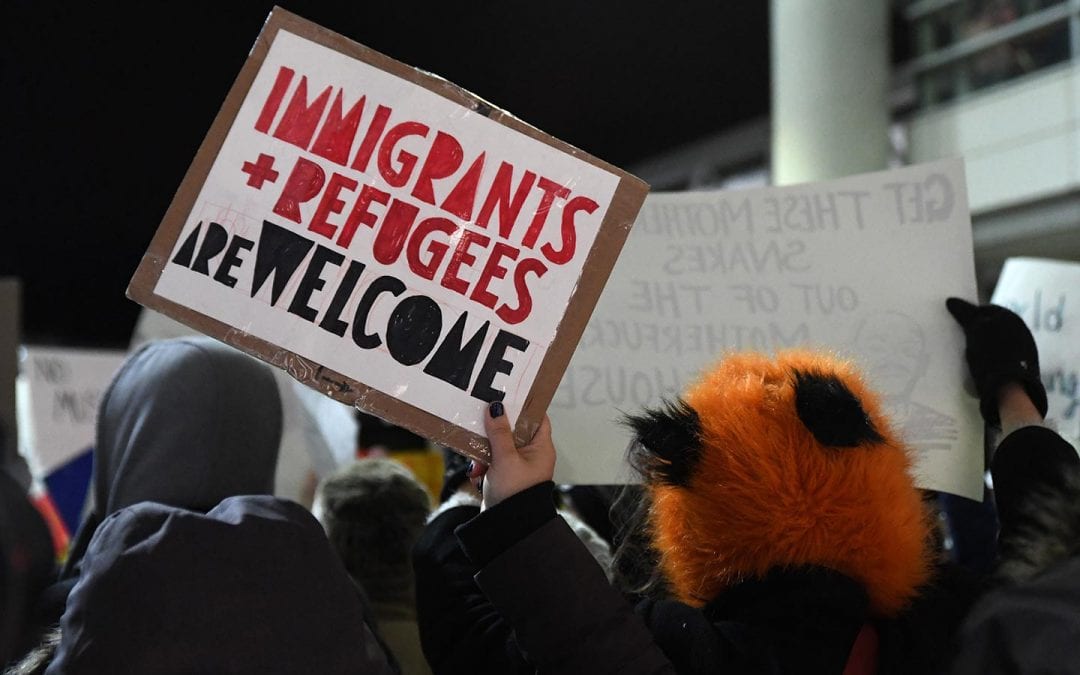
The idea of “sanctuary cities”–local governments that have made it policy not to coordinate their activities with U.S. Immigration and Customs Enforcement (ICE)–has been in the news a lot lately. While national officials argue that the sanctuary city approach leads to more crime, this is an example of an argument dissociated from the facts of the world. When social scientists analyze the issue, the weight of the evidence finds that immigration and immigrants themselves tend to be associated with lower crime rates, if there’s any difference at all. Dr. Tim Wong, from the University of California San Diego, visited Northwestern’s political science department last week to share his new research on how different approaches to cooperating (or not) with federal deportation efforts are likely to impact public safety and crime reporting. The punchline: as most big-city police chiefs have argued, cooperating with ICE is likely to lead to under-reporting of crime incidents, and (probably) thereby decrease public safety. A summary of this research is here in the Washington Post’s Monkey Cage blog.
In a city like Chicago, where trust in the police is already low for other reasons, making evidence-based decisions about public safety is more important than ever for the life of the community and its members.
(Image above from Washington Post/Jeff Gritchen/The Orange County Register via AP)

